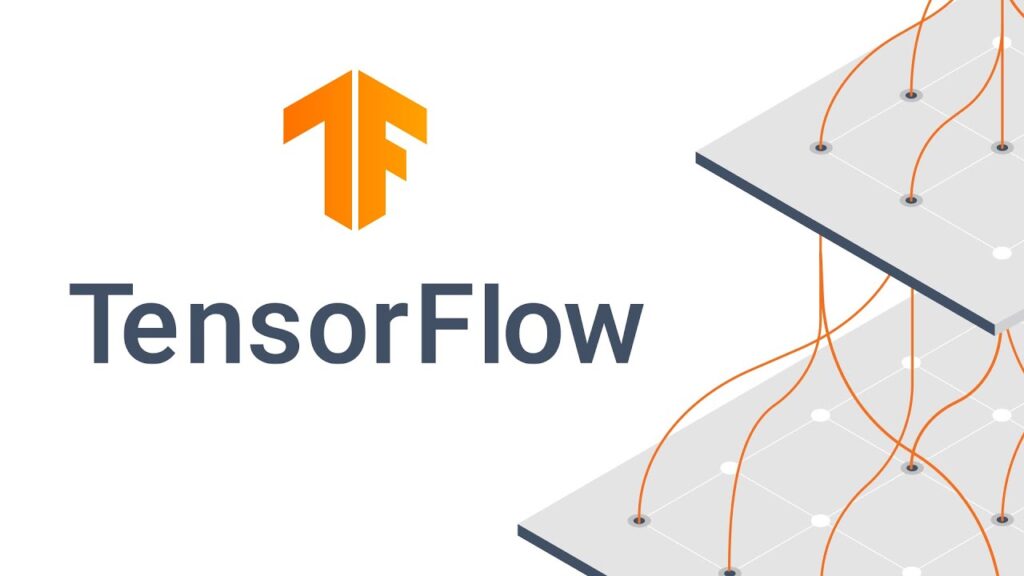Thanks to this software distribution, users can develop and train machine learning models. There is support for evaluating each individual graph operation.
TensorFlow
TensorFlow is an open source program for Windows which represents a Python library engineered for high performance numerical computation. With its versatile architecture, it facilitates the execution of calculations across a diverse array of platforms, spanning from CPUs and GPUs to TPUs. There is support for desktop setups, server clusters, and even mobile and edge devices.
Overview
The software enables you to create dataflow graphs, which are structures that depict how the data moves. In this context, every processing node symbolizes a mathematical operation, with each connection denoting a multidimensional data array, commonly referred to as tensor.
Applications developed using TensorFlow are compatible with various target platforms. You have the flexibility to run them on local machines, cloud based clusters, as well as iOS and Android mobile devices. If you leverage Google cloud infrastructure, you have the option to utilize their custom TPU hardware.
Principle of operation
The main advantage of this tool is the ability to build apps through Python. This programming language is known for its overall simplicity and ease of use. This means you have the convenient means to articulate the coupling of high level abstractions.
Please note that the actual mathematical operations are not executed within Python. The transformation libraries are implemented as high performance C++ binaries. Python essentially orchestrates the communication between these components and provides abstractions to interconnect them.
Features
- free to download and use;
- compatible with modern Windows versions;
- enables you to create machine learning projects;
- you can develop and train neural network models;
- there is an option to build apps using Python.

